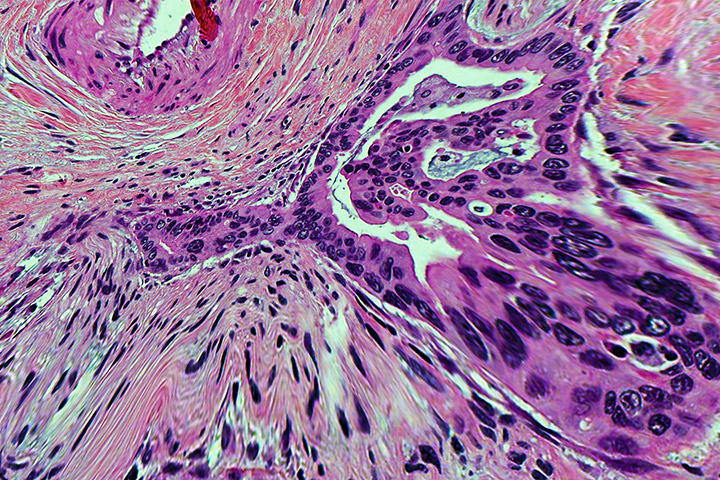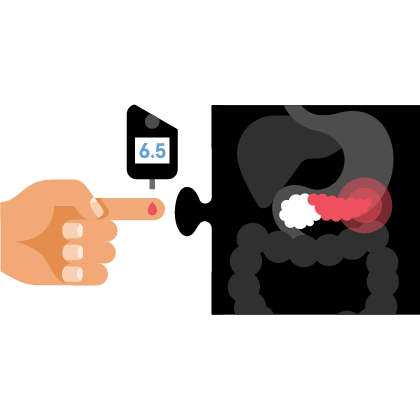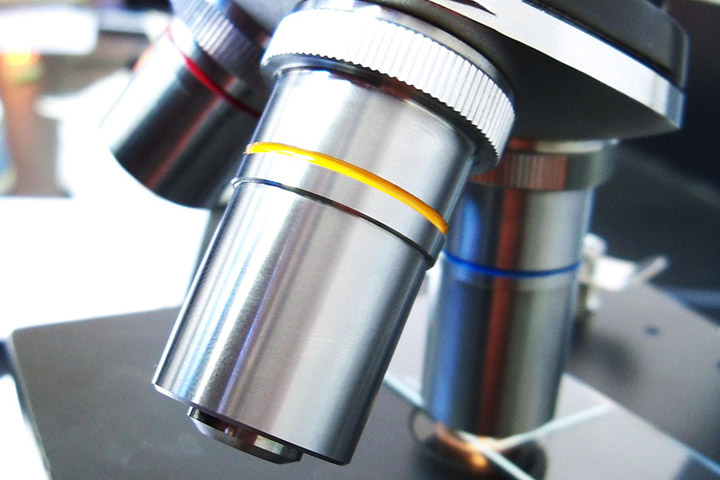Treating High Blood Sugar in People With Pancreatic Cancer

“Cancer perspective” by Konstantin Bräutigam, University of Bern; Flickr
Pancreatic cancer can have many secondary effects, one of them being high blood sugar (hyperglycemia).
There are various ways to treat hyperglycemia, including drugs that signal the pancreas to make more insulin, thereby reducing excess blood sugar. Researchers and clinicians are further assessing the use of one of these drugs as a treatment for hyperglycemia in people with pancreatic cancer.
The Risks of Hyperglycemia
Hyperglycemia happens when your body does not make enough of the insulin hormone or may not use insulin as it should. In pancreatic cancer, the pancreas receives signals from the tumor or its microenvironment telling it to stop producing insulin, making hyperglycemia very common in pancreatic cancer patients. For these patients, hyperglycemia can cause problems with digestion, as well as other symptoms,met including excessive thirst, fatigue, and weight loss.
There are various ways to treat hyperglycemia, including the drug glipizide (Glucotrol), which signals the pancreas to make more insulin, thereby reducing excess blood sugar.
The Study
The study is open to patients with metastatic pancreatic cancer and hyperglycemia. Participants must be able to walk and do routine activities for more than half the time they are awake.
During the study patients will receive extended-release (a formulation that releases the drug over a prolonged period of time) glipizide tablets for up to four months and wear a continuous glucose monitor (a sensor worn on the arm) to check their blood sugar.
We encourage you to consult your physicians for clinical trials that may be right for you. The website ClinicalTrials.gov provides more details about this trial as well as many others. You can visit the Let’s Win Trial Finder for a list of all active pancreatic cancer clinical trials.





